This post may contain affiliate links. For full information, please see our disclaimer here and our Privacy Policy here.
Welcome to the Solo Female Travel Safety Tips and Advice page for Burundi!
This page is brought to you by Solo Female Travelers Tours, our curated small group trips for women, by women.
On this page you will find first-hand, unbiased, and real safety tips, advice and reviews from women traveling solo, submitted directly from their personal experiences in the country.
Their opinions are unfiltered and submitted independently as part of the Solo Female Travel Safety Index, a ranking of 210 countries and regions based on how safe they are for women traveling solo.
The safety scores range from 1 to 4 with 1 being the safest and 4 being the most dangerous for solo female travelers.
You don’t need to login to read the below reviews. But do sign up or login to share your solo travel experiences, country safety rating and comments.
Jump straight to: Travel Tips | About the Index | Resources I Leave a Review
MAKE A DIFFERENCE – LEAVE YOUR SAFETY REVIEWS!
We can make the world a safer place for women traveling solo together. Sign up to our portal and leave your reviews NOW. Share your experience with other solo female travelers and help us empower more women through travel.
Burundi Country data
We have compiled a few data points below that can help you better understand Burundi and have more context when thinking about travel safety.
Official country name: Republic of Burundi.
Etymology: Name derived from the pre-colonial Kingdom of Burundi (17th-19th century).
Country map
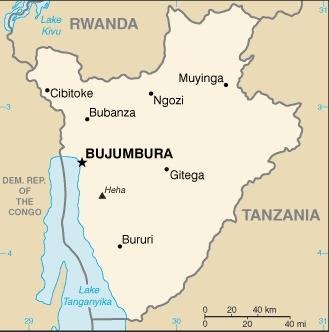
Locator map
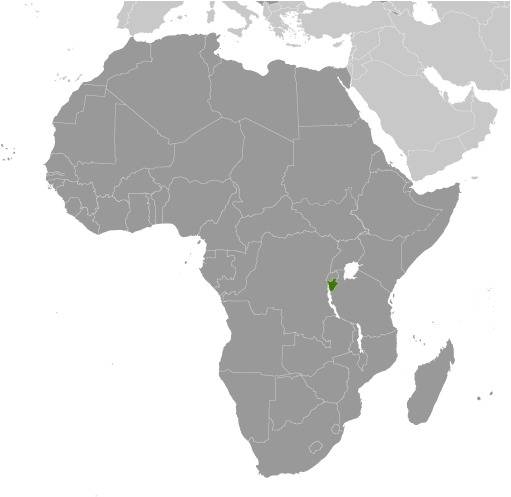
Flag
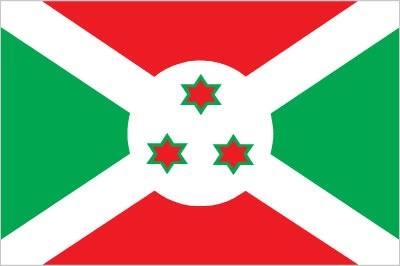
Capital: Gitega is the political capital and Bujumbura the commercial capital.
Independence / foundation: German colonial rule in the late 19th and early 20th centuries and Belgian rule after World War I preserved Burundi’s monarchy.
In 1961, the Burundian Tutsi king’s oldest son, Louis Rwagasore was murdered by a competing political faction shortly before he was set to become prime minister, triggering increased political competition that contributed to later instability. Burundi gained its independence from Belgium in 1962 as the Kingdom of Burundi.
Population: 13 million.
Currency: Burundian Franc (BIF)
1 USD = 2,869 BIF
1 EUR = 3,076 - 3,129 BIF
Time zone: UTC+2
Languages spoken: Kirundi only 30% (official); French only <1% (official); Swahili only <1%; English only <1% (official); Kirundi and French 8%; Kirundi, French, and English 2%, other language combinations 2%, unspecified 57%.
Religions: Roman Catholic 59%, Protestant 35% (includes Adventist 3% and other Protestant 33%), Muslim 3%, other 1%, none 1%.
Climate: Equatorial climate. High plateau with considerable altitude variation (772 m to 2,670 m above sea level). Average annual temperature varies with altitude from 23 to 17 degrees Celsius but is generally moderate as the average altitude is about 1,700 m.
The average annual rainfall is about 150 cm with two wet seasons (February to May and September to November), and two dry seasons (June to August and December to January).
Real GDP (ppp – purchasing power parity): $9 billion.
Real GDP per capita (ppp): $700.
Main airports: Melchior Ndadaye International Airport, Gitega Airport.
World heritage sites in Burundi
Number of UNESCO listed sites: 0.
Top world heritage sites:
N/AInteresting facts about Burundi
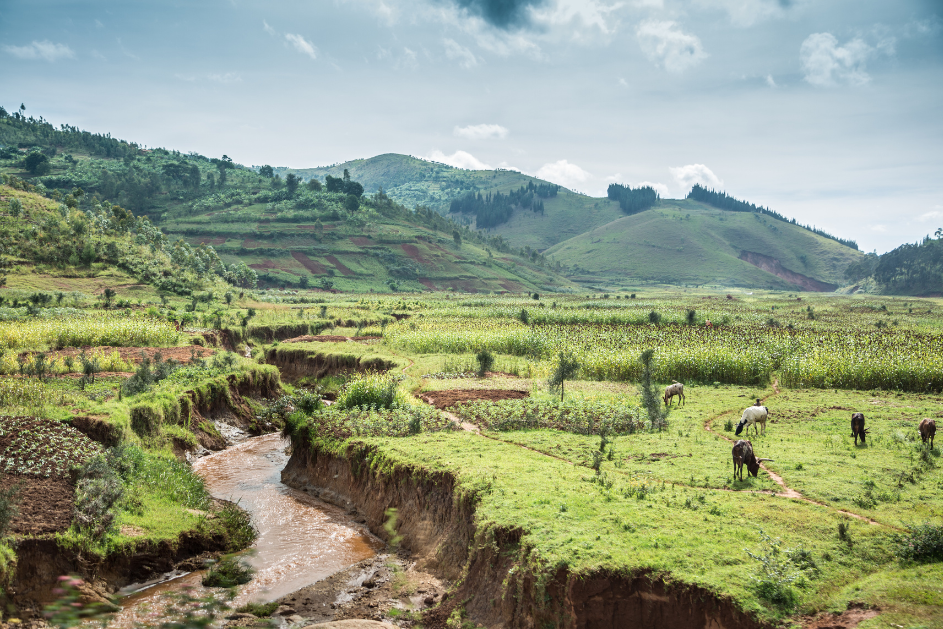
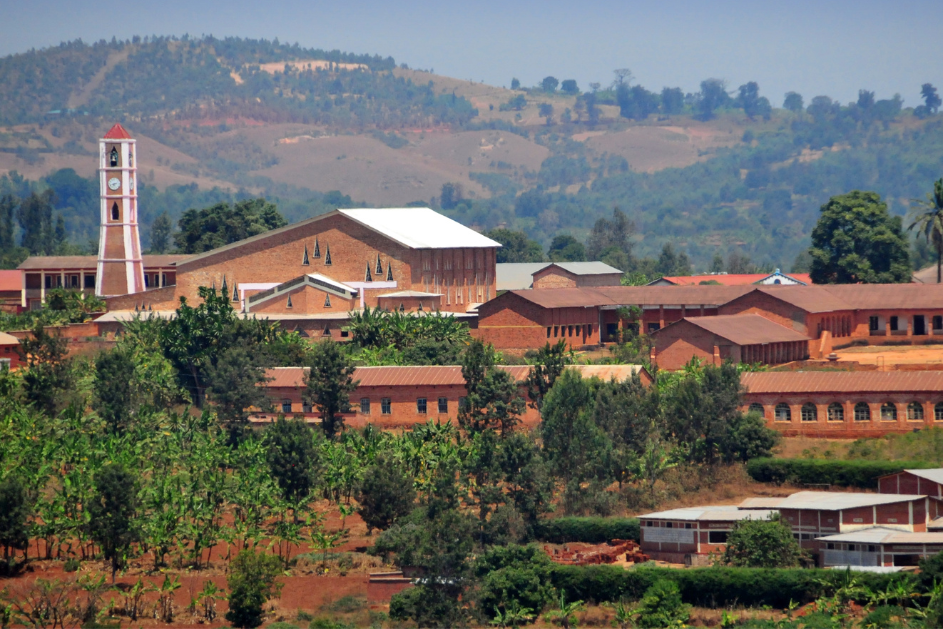
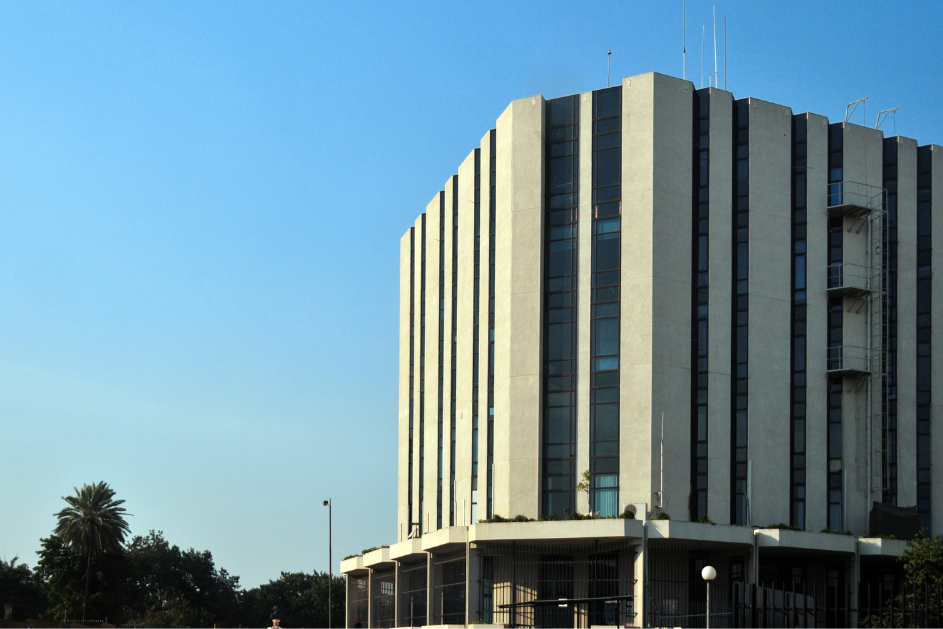
- Burundi is home to Lake Tanganyika, the world’s longest freshwater lake, shared with Tanzania, Zambia, and The Democratic Republic of Congo.
- Burundi had its debut appearance at the 1996 Olympic Games, in which it won its first Olympic gold medal. Vénuste Niyongabo won gold in the men’s 5,000 m.
- Burundi has suffered two genocides. In 1972, government troops massacred more than 100,000 Hutus. Then in 1993, the assassination of the president led to an ethnic conflict which claimed more than 300,000 lives.
Further reading: N/A.
Burundi Travel tips
Socket type: C / E. Guide to socket types.
Weekend days: Saturday and Sunday.
Driving: Cars drive on the Right.
Local taxi apps: WasiliRider.
Travel Guides: Lonely Planet.
Languages spoken: Kirundi only 30% (official); French only <1% (official); Swahili only <1%; English only <1% (official); Kirundi and French 8%; Kirundi, French, and English 2%, other language combinations 2%, unspecified 57%.
Basic words and phrases in the main language:
Hello: BwakeyePlease: Ndagusavye
Thank you: Urakoze
Help: Ntabara
Learn more with our favorite learning app Mondly.
Find a hotel in Burundi
Booking.comBook tours and activities:
Not available.More about Burundi on Solo Female Travelers
Coming soon.Did you spot any errors? We do our best to keep this information updated and accurate, but things change. If you saw anything that is not right, let us know so we can fix it: [email protected].
About the Solo Female Travel Safety Index
Safety matters to solo female travelers, you told us so in our annual Solo Female Travel Survey, where year after year, women prove that this is their most important concern when traveling solo.
We wanted to do something about it, so we built these country-specific pages where you can find reviews and scores for 7 key variables affecting the safety of women traveling solo.
Variables
- Risk of scam
- Risk of theft
- Risk of harassment
- Attitudes towards women
- UK Travel Advisory
- US Travel advisory
- Global Peace Index (GPI)
Informing OSAC
The Solo Female Travel Safety Score is used by the Overseas Security Advisory Council for including safety concerns for women travelers in their country security reports; OSAC is a partnership between the U.S. Department of State and private-sector security community.

How to use the Safety Index
On this page, you will find the country score and the personal opinions on safety of other women traveling solo.
You can sort the comments by:
- The level of experience traveling solo of the reviewer (beginner = <5 trips solo, Intermediate = 5 to 10 trips solo, Experienced = >10 trips solo).
- The age of the traveler.
- Whether they are a visitor or local.
- The date they were posted.
The safety scores range from 1 to 4 with 1 being the safest and 4 being the most dangerous for solo female travelers.
Thus, the lower the score, the safer the country.
Looking for more safety resources?
This entire website is devoted to helping women travel solo. Check out the links below to learn more:
Solo Female Travel Stats: Results from the the largest, most comprehensive and only global research study on solo female travel trends, preferences and behaviors published.
Thanks to Jacobo Vilella for creating the Solo Female Travelers Safety Index ❤️






